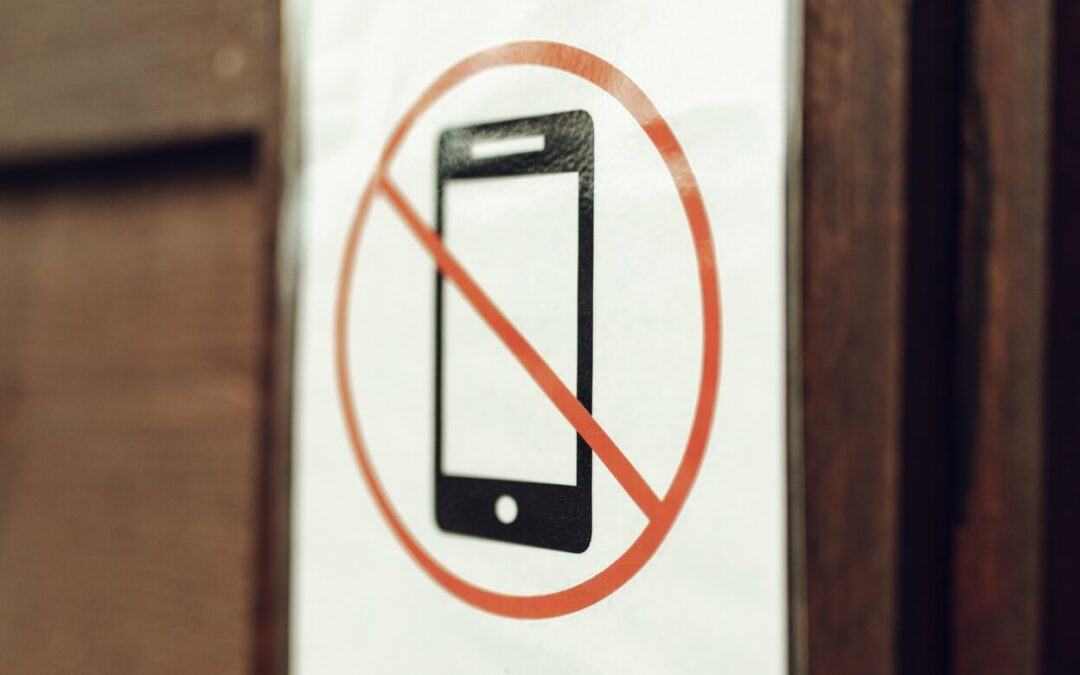We spend so much of our lives fixated on our screens. We work all day on our computers, transit to and from work with our mobile devices and finish the day in front of the TV.
There can be some negative effects associated with looking at screens for extended periods of time:
- Eye strain and fatigue: When we look at screens for long periods of time, our eyes have to work harder to focus and adjust to the brightness and contrast. This can cause eye strain, dry eyes, and fatigue.
- Headaches: Staring at a screen can cause headaches, particularly if the brightness and contrast levels are too high or the screen is too close to your eyes.
- Disrupted sleep: The blue light emitted by screens can interfere with our natural sleep patterns and make it harder to fall asleep at night. This can lead to fatigue, irritability, and difficulty concentrating during the day.
- Neck and shoulder pain: When we spend a lot of time looking down at screens, we may develop neck and shoulder pain due to poor posture and strain on the muscles.
- Decreased social skills: Spending too much time on screens can lead to decreased social skills and social isolation, particularly if we are using screens to replace face-to-face interaction with others.
- Addiction: Excessive screen time can lead to addiction, where we become dependent on our devices and feel anxious or irritable when we are unable to use them.
It’s important to be aware of these negative effects and take steps to reduce our screen time and protect our eyes and overall health.
At Billabong Retreat we encourage a digital detox. If you would like to undertake a digital detox while on retreat we ask that you disconnect from devices and online activities, such as social media and email to reduce reliance on technology. We do not offer wifi or place TVs in the rooms.
This simple action of disconnecting from the digital world allows you to connect back to nature and to yourself. This time away from screens can help you foster a healthier relationship with technology, promoting mindfulness, self-care, and a better work-life balance.
It’s important to note that the concept of a digital detox is subjective and may not be appropriate or feasible for everyone, as technology serves different purposes in different people’s lives. It’s essential to find a balance that works for each individual’s needs and lifestyle when considering a digital detox.
Undertake a digital detox at Billabong Retreat so that you can reset and renew. Bookings can be made directly via our website.

